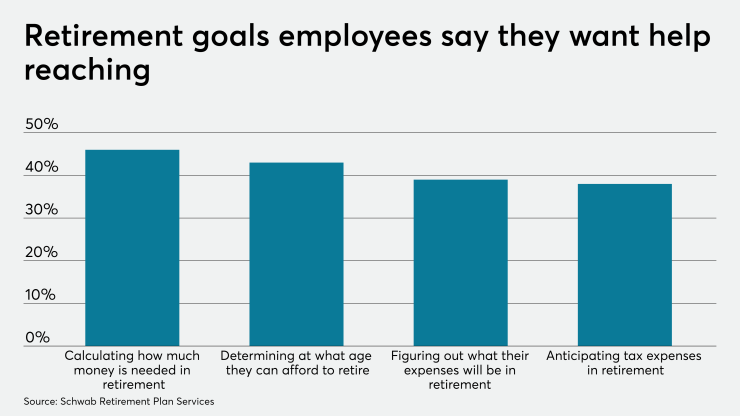After a year of early-morning Zoom calls, the specter of a deadly virus and soaring stock and real estate values, working American baby boomers who can afford it plan to get out while the getting’s good.
About 2.7 million Americans age 55 or older are contemplating
Read more:
Much like the U.S. economy’s so-called K-shaped recovery, the pandemic is treating the affluent differently, empowering them to leave corporate life early. Others who lost jobs had to
Early retirements, whether desired or forced, will deprive the labor market of some of its
In the Minneapolis area, Craig DiLorenzo, 58, is among those who chose to bow out, after a career at industrial giant 3M. Frustrated over 6 a.m. teleconferences, his thoughts turned to spending more time pursuing his outside passions, including volunteering with the Salvation Army. A scare with cancer five years ago made him reconsider his commitment to climbing the corporate ladder, and the last year stuck at home only reinforced those feelings, he said.
“It makes you think, ‘Does all this matter as much as you think it does?’” said DiLorenzo, who retired at the end of March.
DiLorenzo’s cohort is one better known for
Read more:
Financial advisers say they’re seeing a new “life-is-short” attitude among clients with enough money socked away to carry them through retirement.
The prospect of going back to the daily grind is going to be “a really tough pill for a lot of people to swallow,” said Kenneth Van Leeuwen, founder of financial services firm Van Leeuwen & Co. in Princeton, New Jersey.
One client, an executive whose stock portfolio has performed well, is retiring at 48 as the prospect of having to go back to traveling 10 to 12 nights a month isn’t appealing anymore, Van Leeuwen said.
A November
Other datapoints back up the findings. The number of people expecting to work beyond age 67 fell to a record low of 32.9% last month, according to a New York Federal Reserve
The unprecedented surge in shares and home values during an economic crisis is easing the retirement path for those who have investments. Assets for Americans ages 55 to 69 rose by $4.2 trillion in 2020, including a $2.2 trillion increase in corporate equities and mutual fund shares and a $250 billion gain in the value of private businesses, according to data from the Federal Reserve. Real estate assets soared by almost $750 billion for this group.
Concern that some or all of that wealth could evaporate has especially weighed on entrepreneurs who’ve been through the 2008 Great Recession. The
“Dealing with two major economic events in less than 15 years may have them wondering if it’s time to take money off the table, especially as they near retirement,” said Stuart Smith, a national director of business value strategies at Wilmington Trust.
“Older workers are especially strong in soft skills — things that develop over time and are difficult to teach,” she said.
Read more:
The situation could become particularly acute in health care. Almost a third of physicians are over 60, the nonprofit Physicians Foundation said in a November paper, warning that burnout threatens to exacerbate an existing shortage, especially among scarce specialists.
In Bethesda, Maryland, orthopedic surgeon Stephen Rockower, while not young at 69, retired earlier than planned last summer after the pandemic scared away many of his patients.
“I realized that whenever things did turn back around, I didn’t have it in me to fight to build the practice back up,” he said. “If I were 45 years old, I would have had to do this, but at 69 I said, ‘I don’t have to do this anymore.’”






